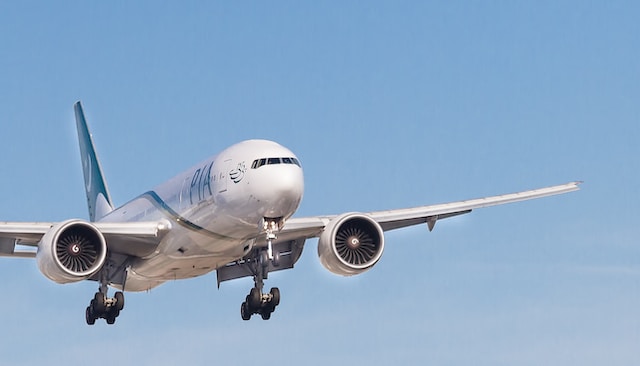Honeywell’s New Jet Engine Sets New Standards in Performance and Efficiency

About a month ago, Honeywell, a technology company that delivers industry-specific solutions that include aerospace products and services, declared that its engine – the HTF7500 turbofan, had successfully passed the compatibility test when being used on an Embraer Praetor 600 aircraft with 100% sustainable aviation fuel (SAF), marking this the first time the fuel was chosen for the company’s business jet engines.
The test, conducted at the Embraer campus in Melbourne, Florida, had one HTF7500 jet engine on 100% SAF and the other on traditional jet fuel to see how the new fuel would perform. Later, the result pointed out that the engine running on 100% SAF performed as smoothly as the one that used traditional jet fuel.
Following the result, Dave Marinick, the president of Honeywell’s Engines and Power Systems department, publicly stated that they would be pleased to contribute to a more sustainable future for aviation by cooperating with top-notch companies in the industry, such as Embraer.
The engine, according to Dave, demonstrated the potential of the new SAF for Embraer and the aviation industry, in general, as their work towards the carbon reduction commitments was still in progress. Furthermore, he also hinted that Honeywell would implement SAF solutions in their own engines and APUs.
The HTF7500 engine, designed to increase reliability, will power both the Embraer Praetor 600 and Praetor 500 aircraft models while also focusing on reducing noise and improving fuel efficiency.
The Praetor 500 is one of the most technologically advanced aircraft in its category. Designed to house four passengers, the jet is capable of covering an intercontinental range of 3,340 nautical miles (6,186 km).
However, its successor, the Praetor 600, has the capability of flying non-stop from Paris to New York or São Paulo to Miami, which means the aircraft has an intercontinental range of 4,018 nautical miles (7,441 km) while carrying the same amount of passengers.
To create fuels with reduced or zero emissions, Honeywell has developed its own suite of technologies, from which 40 licenses have been issued to produce SAF as of now. Additionally, about 60% of the company’s 2022 new product research and development investments were targeted to reach ESG-oriented outcomes.

 Tech Steel & Materials
Tech Steel & Materials
Comments are closed